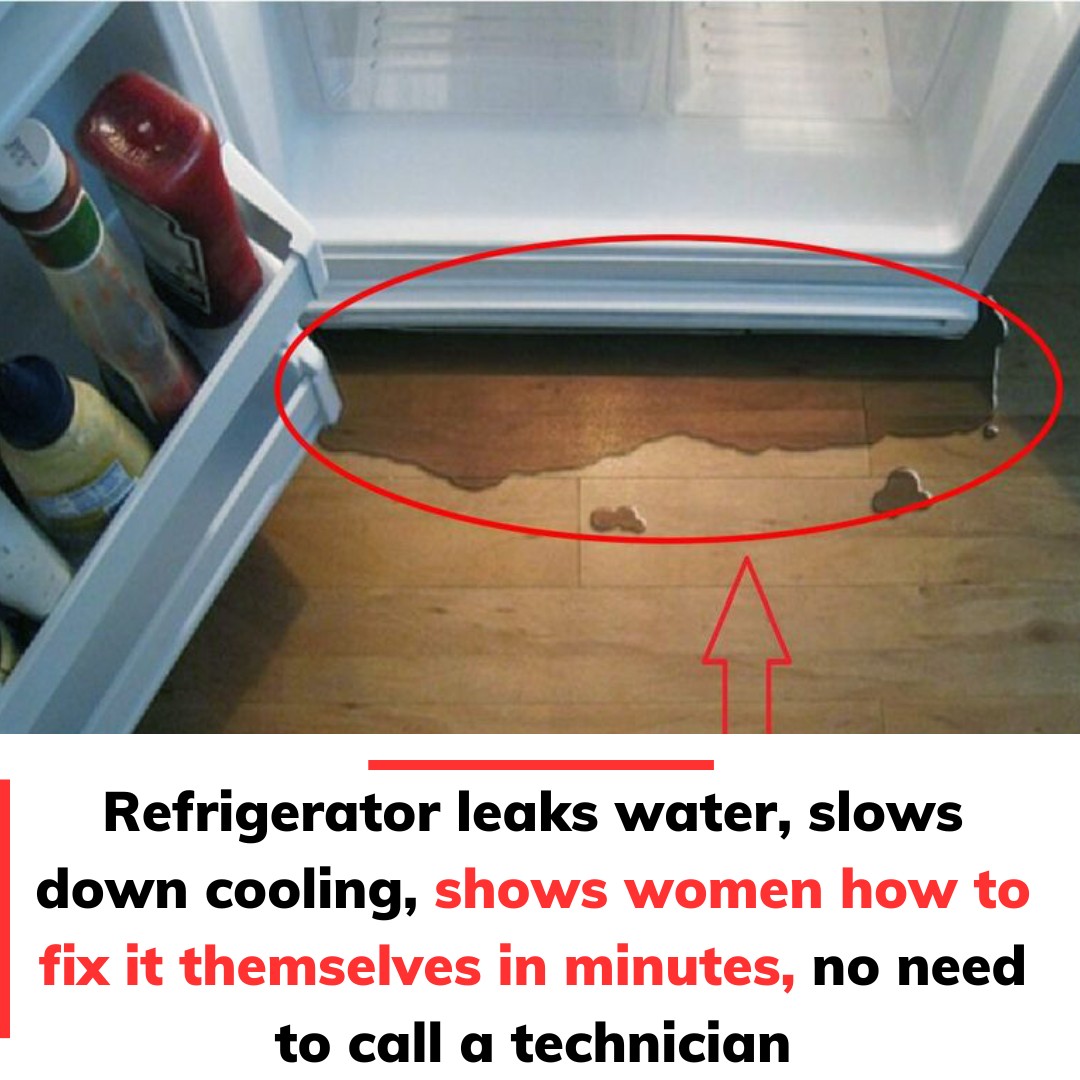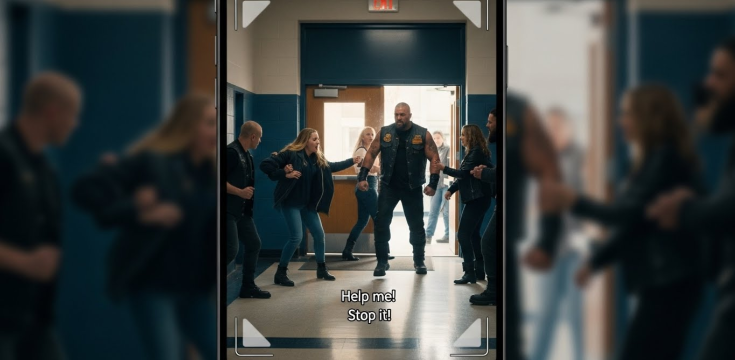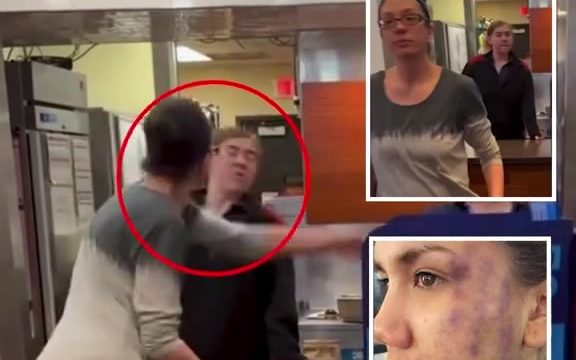Refrigerators are one of the most essential appliances in any home, responsible for keeping our food fresh and safe for extended periods. However, because they run non-stop and rely heavily on electrical systems, they are prone to occasional problems. Two of the most common issues homeowners face are water leaks and slow cooling. Both problems can disrupt the appliance’s efficiency, lead to food spoilage, and even cause costly damage if left unchecked.

Before reaching for your phone to call a technician, it’s worth taking a closer look at your refrigerator. Many of these common problems have simple causes that can be easily fixed at home with a little attention and basic maintenance. By identifying the root of the issue and applying a quick fix, you can save both time and money. Below, we’ll break down the most frequent causes of water leaks and slow cooling, along with practical solutions to address each problem.
1. Water Leaking from the Refrigerator Compartment
One of the most common causes of water leaks in the refrigerator compartment is overcrowding. Many families stock their refrigerators to maximum capacity, hoping to reduce trips to the grocery store. However, when food items are tightly packed, they can block air vents, disrupt airflow, and lead to cooling problems. Additionally, washed fruits, vegetables, or meats placed in the fridge without proper drying can release excess moisture, pooling water in the compartment and even contaminating nearby foods.
Quick Fix:
Always ensure that any washed fruits, vegetables, or meats are properly drained and dried before placing them in the refrigerator. Use paper towels to pat them dry or wrap them securely in plastic wrap or ziplock bags. Organize your food neatly and avoid blocking air vents—proper airflow is essential for even cooling. If you notice any standing water, clean it immediately to prevent further complications.
By maintaining an organized and well-ventilated refrigerator compartment, you’ll not only prevent water leaks but also improve the appliance’s overall efficiency.
2. Water Leaking from the Freezer Compartment
Freezer leaks are another common issue, and they often stem from blocked air vents or damaged door gaskets. Similar to the refrigerator compartment, overloading the freezer can obstruct airflow, leading to ice buildup and inconsistent temperatures. Over time, melted ice can leak out, creating puddles of water. Another culprit could be a faulty or worn-out door gasket. If the freezer door isn’t sealing properly, warm air can sneak in, causing temperature fluctuations and condensation.
Quick Fix:
Check that the freezer door seals tightly when closed. If the gasket is cracked, loose, or damaged, it should be replaced as soon as possible. Rearrange frozen items to ensure nothing is blocking the air vents, and avoid overpacking the freezer. A properly organized freezer ensures consistent airflow and prevents ice from melting unnecessarily.
These simple adjustments can often eliminate freezer leaks without the need for costly repairs.
3. Water Leaking onto the Floor from the Drain Pan
Sometimes, water leaks aren’t coming from the inside of your refrigerator but rather from the drain pan located underneath or at the back of the appliance. This pan collects condensation and allows it to evaporate naturally. However, if the pan is cracked, damaged, or misaligned, water can spill onto your kitchen floor. Similarly, a loose or clogged water supply pipe can also cause leaks.
Quick Fix:
Before inspecting the water tray, unplug the refrigerator to ensure your safety. Carefully slide out the drain pan and check for cracks, damage, or misalignment. If you notice any problems, replace the tray with a new one. Also, inspect the water supply pipe for looseness, clogs, or signs of damage. If any part seems faulty, it’s better to replace it entirely.
If the drain pan and pipes seem intact but the leak continues, it may be time to call a professional technician for a more in-depth inspection.
Preventive Maintenance Tips for a Healthy Refrigerator
Even after fixing water leaks, consistent maintenance is crucial to prevent recurring problems and ensure your refrigerator continues to operate efficiently. Here are some essential maintenance tips:
- Clean Regularly: Wipe down shelves, compartments, and seals with a clean, damp cloth. Remove expired or spoiled food promptly.
- Inspect Door Seals: Check gaskets periodically to ensure they are clean and free from damage.
- Avoid Overpacking: Don’t overload either the refrigerator or freezer compartments. Allow space for proper airflow around food items.
- Keep Vents Clear: Make sure air vents are not blocked by food packaging or containers.
By following these simple steps, you’ll not only prevent water leaks and slow cooling but also extend the lifespan of your refrigerator and reduce energy consumption.
When to Call a Professional Technician
While many refrigerator issues can be resolved with basic troubleshooting, some problems require professional intervention. If you’ve tried the above solutions and still notice persistent leaks, inconsistent temperatures, or reduced cooling efficiency, it’s time to call a technician. Professionals have the tools and expertise to diagnose underlying issues, repair damaged components, and ensure your refrigerator operates at peak performance.
Final Thoughts
Water leaks and slow cooling are common refrigerator problems, but they are often caused by simple oversights, such as blocked air vents, poor organization, or faulty seals. By addressing these issues early and maintaining your refrigerator regularly, you can prevent minor problems from escalating into costly repairs.
The key takeaway? Preventive care goes a long way. A well-maintained refrigerator doesn’t just save money—it ensures your food stays fresh, your kitchen stays clean, and your appliance runs efficiently for years to come. Don’t wait for problems to worsen; a little attention today can save a lot of hassle tomorrow.





